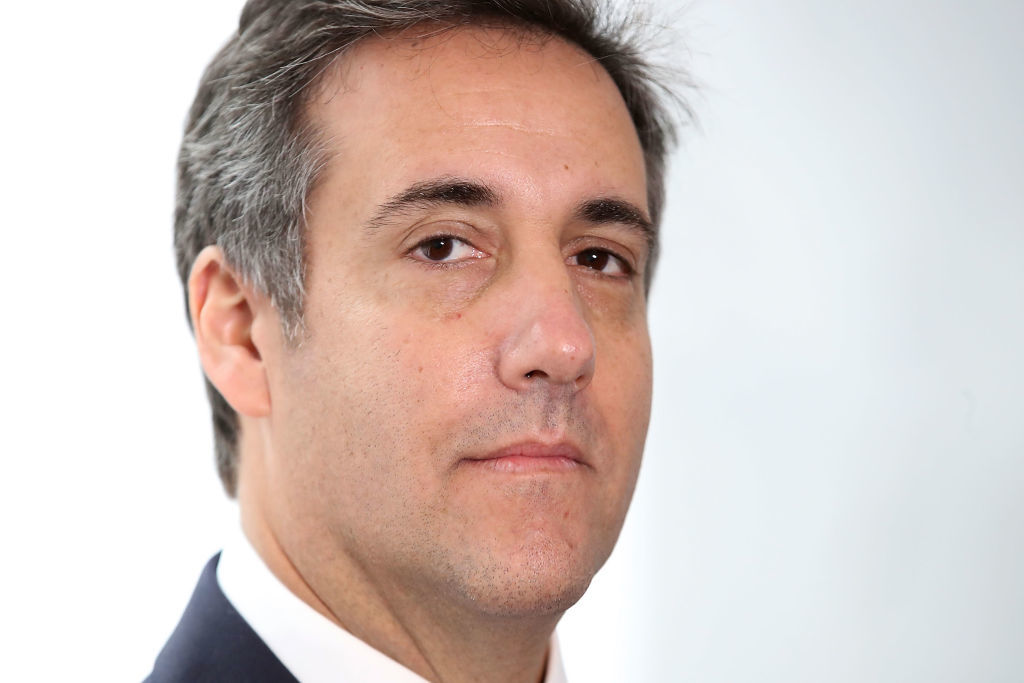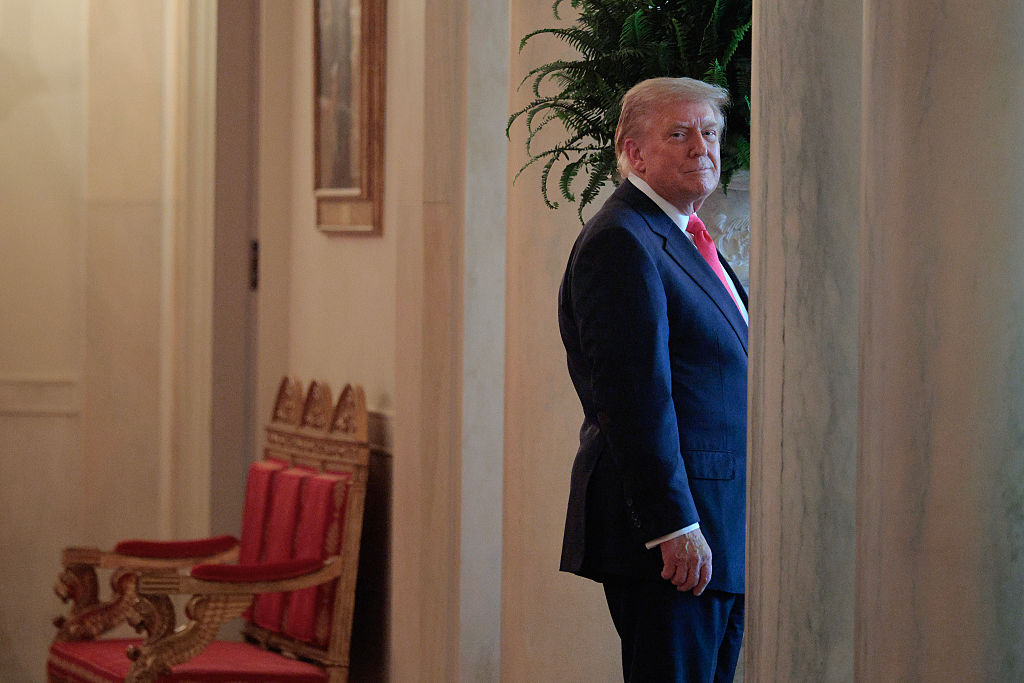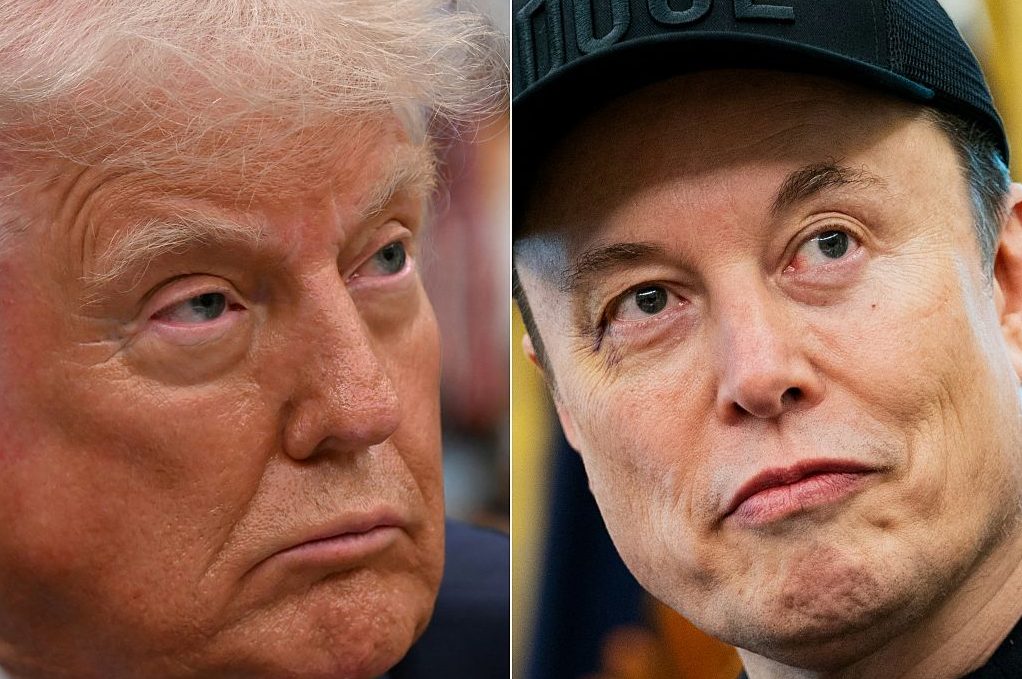Almost from the moment Donald Trump was inaugurated the 45th president of the United States, his supporters have complained about the existence of a “deep state” within the bureaucracy that’s out to get him. There might be something to this, but not in the way its theorisers imagine. Civil servants have a lot more to do with the making and implementation of foreign policy, for example, than most outsiders appreciate. But a personal, targeted, organised campaign aimed at destroying the president? Those who believe such a conspiracy exists pointed, as further evidence, to the bombshell news this week that the FBI raided the offices and temporary home of Donald Trump’s personal lawyer, Michael Cohen. But if this is the deep state at work, it goes very deep indeed.
Contrary to the dramatic portrayals in some movies and television shows, obtaining a federal search warrant—especially when it’s to search the offices of a lawyer—is not an effortless feat. The final step is getting a federal judge’s approval. Aside from that, we don’t know the names of everyone who participated in securing this one; the New York Times first noted that the U.S. attorney in charge of the New York jurisdiction involved was Geoffrey Berman, who worked on Trump’s campaign, though the paper reported in a subsequent piece, relying on an anonymous source, that Berman recused himself from the case. But plenty of other Republicans signed off on the matter, including Rod Rosenstein, the deputy attorney general who, thanks to Jeff Sessions’ recusal, is overseeing the Russia investigation. Rosenstein, of course, is already on shaky ground with the president, who would like him to fire the special counsel he appointed to that investigation, Robert Mueller.
It was Mueller’s investigation that led federal prosecutors in New York to Cohen’s doorsteps. If, as an investigator, you uncover evidence of a possible crime, you can’t simply look the other way. Even if it doesn’t fall under your line of inquiry, you have a professional obligation to pass that information on to the proper authorities. The Cohen sweep might look bad for prosecutors—the private offices of lawyers are rarely raided, after all, but that also suggests prosecutors had fairly good evidence of possible criminal wrongdoing to present to a judge.
Reports indicate that FBI officials wanted documentation related to the hush money paid to two women who claim to have had affairs with the married Trump, and possibly much more. Michael Cohen has been involved in plenty of activity that pays very well, in sectors not known for a high level of transparency—New York taxicab medallions, for example. And Cohen has never been a typical example of a high-powered lawyer. He didn’t graduate from Harvard or Yale, or even a school in the top 20. His law degree is from Western Michigan University Cooley Law School, which in 2015, according to a legal academia blog, admitted “statistically the worst entering class of law students in the history of American legal education at an ABA-Accredited law school, and that is saying something.” Also atypical for a top legal representative: retweeting a post from the Twitter account of a person with just 149 followers. Michael Cowen did that a week and a half ago, with this gem: “@MichaelCohen212 Is a WARRIOR. HE WILL NEVER BE DISBARRED. AND HE AIN’T EVER GOING UNDER. HE WILL COLLECT MILLIONS FROM STORMY LYING DOWNALS THOUGH.”
The bottom line: There’s too much to be suspicious of in the dealings of Michael Cohen to say that searching his offices was an outrage and another example of the deep state doing everything it can to take down the president.

























